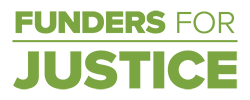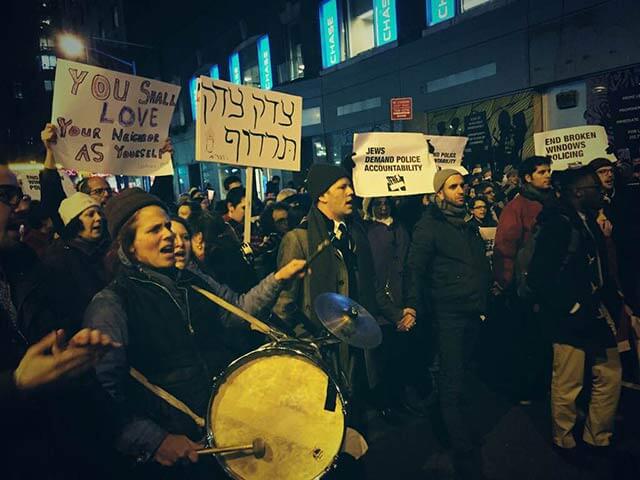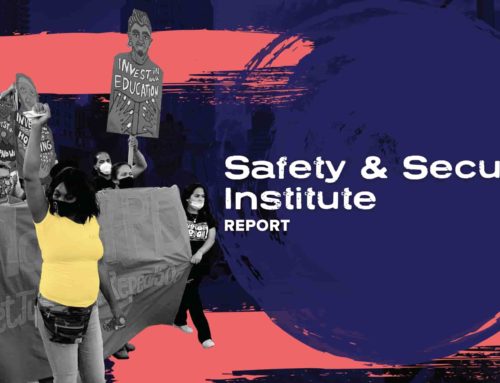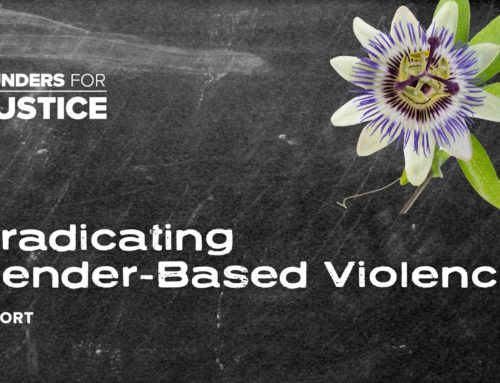Thursday, 02 July 2015
By Chris Crass, Truthout | Interview
As New York City erupted in December 2014 in mass, nonviolent, disruptive direct action after the non-indictment of the officer who murdered Eric Garner and the officers who were accomplices in this brutal crime, one of the actions that grabbed national headlines and many a heart, was organized by Jews for Racial & Economic Justice (JFREJ). Over 400 members of JFREJ, including Rabbis and other leaders in the Jewish community, took to the streets of the primarily white, wealthy and Jewish, Upper West Side. This civil disobedience was planned with their longtime partner organizations based in working-class communities of color, and coordinating actions across the city took place.
Tears ran down my face as I followed the news, often with my three-year-old son nearby, of powerful, defiant, Black life-affirming, white supremacist hegemony-defying, marches, vigils and large-scale direct actions ignited around the country after the Eric Garner non-indictment – and NYC was galvanizing us all. And JFREJ was a powerful force mobilizing a majority, but not entirely, white Jewish base of members and supporters to be courageous for Black Lives Matter. I’ve long loved JFREJ, which began in 1990 and has been deeply committed to long-term multiracial organizing and campaigns to build people’s power for collective liberation. They are “inspired by Jewish tradition to fight for a sustainable world with an equitable distribution of economic and cultural resources and political power.”
I knew that their actions in December were part of a years-long campaign against police violence in working-class communities of color, and that with their vision, strategy, organizing experience, infrastructure and leadership, they could offer insights and lessons for many of us around the country who are asking, “How do we help carry the momentum of these mass action times into long-term campaigns to win structural change?” Marjorie Dove, the executive director of JFREJ, shares from their organizational experience to help us think about that question.
Chris Crass: How are you working to move white people into the racial justice movement in this time? What’s working? And what are you learning from what works?
Marjorie Dove: With grief and rage over the massacre of Black people in churches and through the hands of police and vigilantes, we organize against racism from a Jewish perspective, inspired by the strengths of all of our ancestors.
Jews engage with whiteness in complex ways. Anti-racist organizing from a Jewish perspective must begin with the diversity of our own experiences: JFREJ’s membership encompasses the multicultural breadth of our community, including Mizrahi, Sephardi, Ashkenazi, Black and Latin@ Jews. Some Jews may engage with Black Lives Matter as white allies while others bring their insights and experiences as Jews of Color. White Jews may often engage with whiteness through diasporic family histories and immigrant memories, alongside their current lived experiences of race privilege in the United States. For white Jews, our anti-racist work begins with ourselves – through deconstructing racialization and whiteness in ourselves and our community and fighting white supremacy in our organization, our movement and our city.
At JFREJ, we’re currently working to move white people into racial justice work in ways that will last beyond this current movement moment. The Black Lives Matter movement has mobilized people across the country, and their energy has inspired many white Jews to get involved in our police accountability campaign and other anti-racism work in New York City. We want to make sure that we’re training and organizing these hundreds of new members for the long haul, so they don’t abandon this necessary work when the mainstream media moves on.
Because of the trust and accountability we’ve built with organizations led by people of color, poor and working-class and immigrant communities over the last 25 years, we’ve been able to mobilize white people into bold action and to take strategic risks in our work. In that time, our community has learned that relationships built on trust and commitment are the most important element of our work and that these relationships are cultivated through consistent and accountable action. Over months and years, we show up with our partners for campaign planning meetings, actions and press conferences, but also as volunteers for their events, donors at their fundraisers and for jail support when they get arrested. So when opportunities arise for strategic, visible action led by white members of our organization – whether that’s a civil disobedience, a public demonstration, a meeting with city council members, or a media campaign – we take those opportunities head-on. Our partners trust us to bring the same level of rigor and accountability to the action we lead as we bring to the action we support.
A helpful accountability mechanism we use before taking action is to ask ourselves two questions: For the sake of what, and who will this benefit? When we’re working in deep connection and alignment with our partner organizations and the larger movement against anti-Black racism, we show up better with each other. Being in the struggle together – with our bodies, our minds, and our resources – grounds us in what is most important. The moments when we have had to rely on each other (for jail support, for security at marches and protests), have helped us feel connected to each other and loosened the sense of isolation and alienation many of us grew up with because of racism and classism. As a community, JFREJ demonstrates that we are in this fight for the long haul.
Read the full article on truth-out.org.



